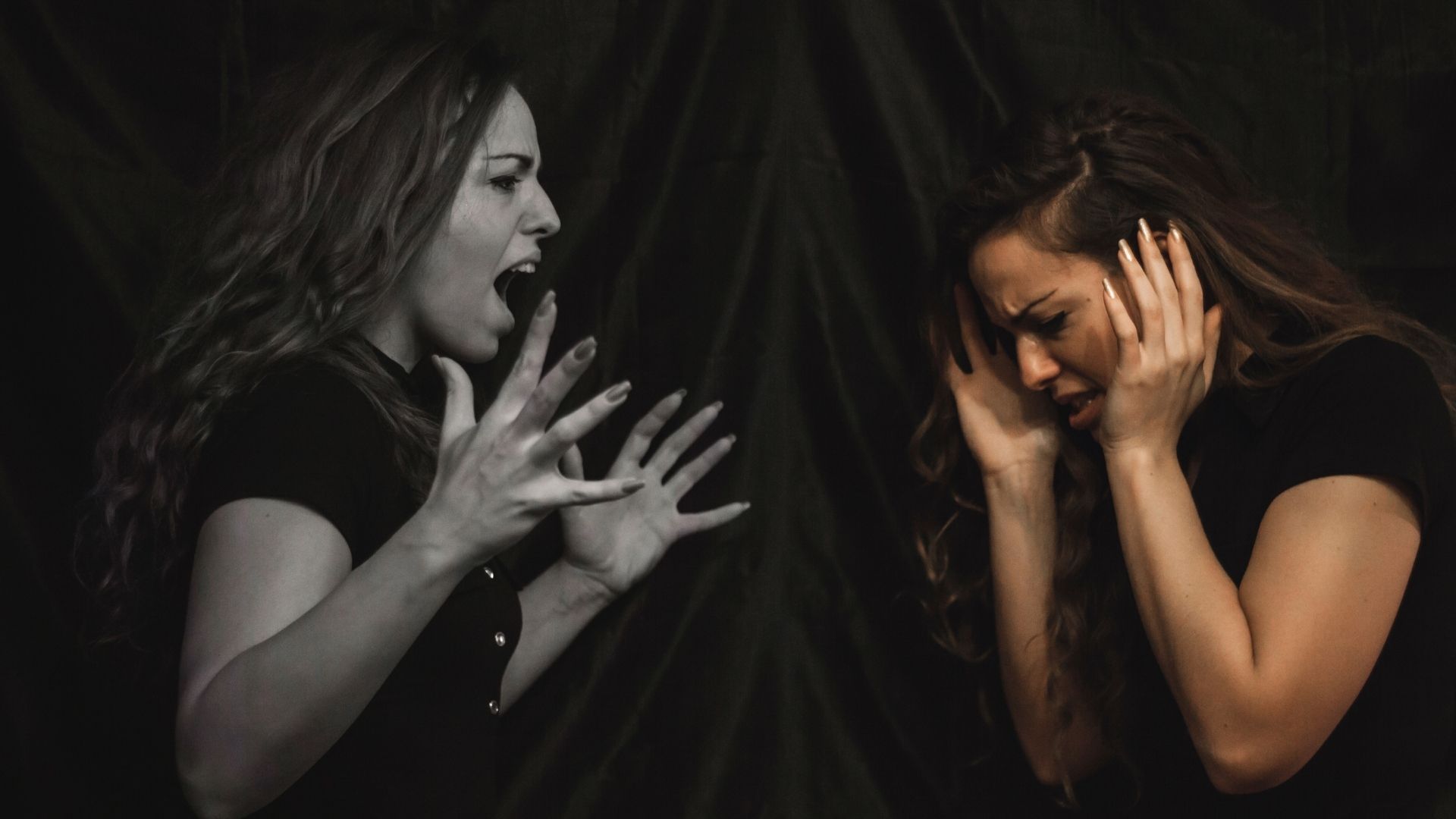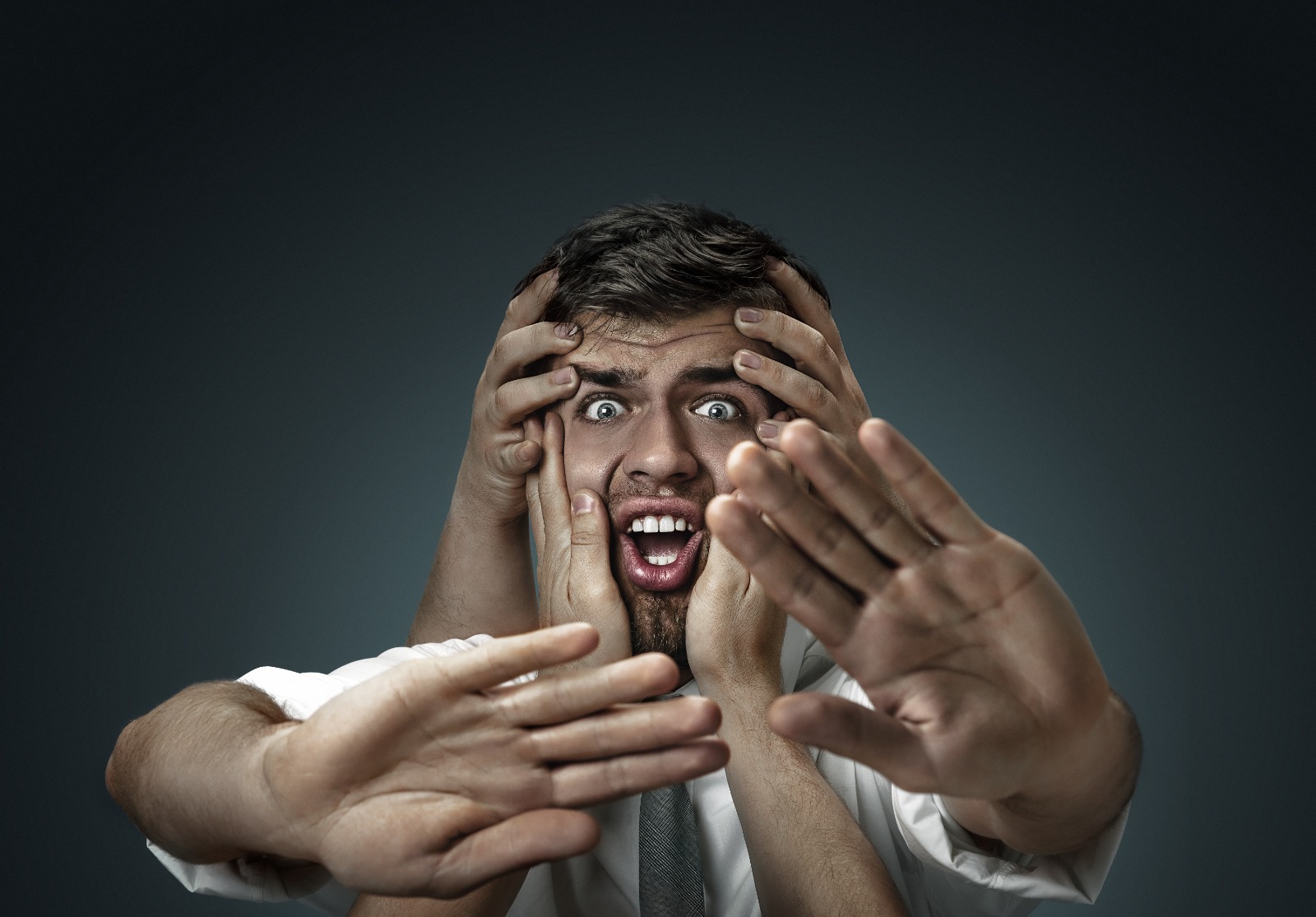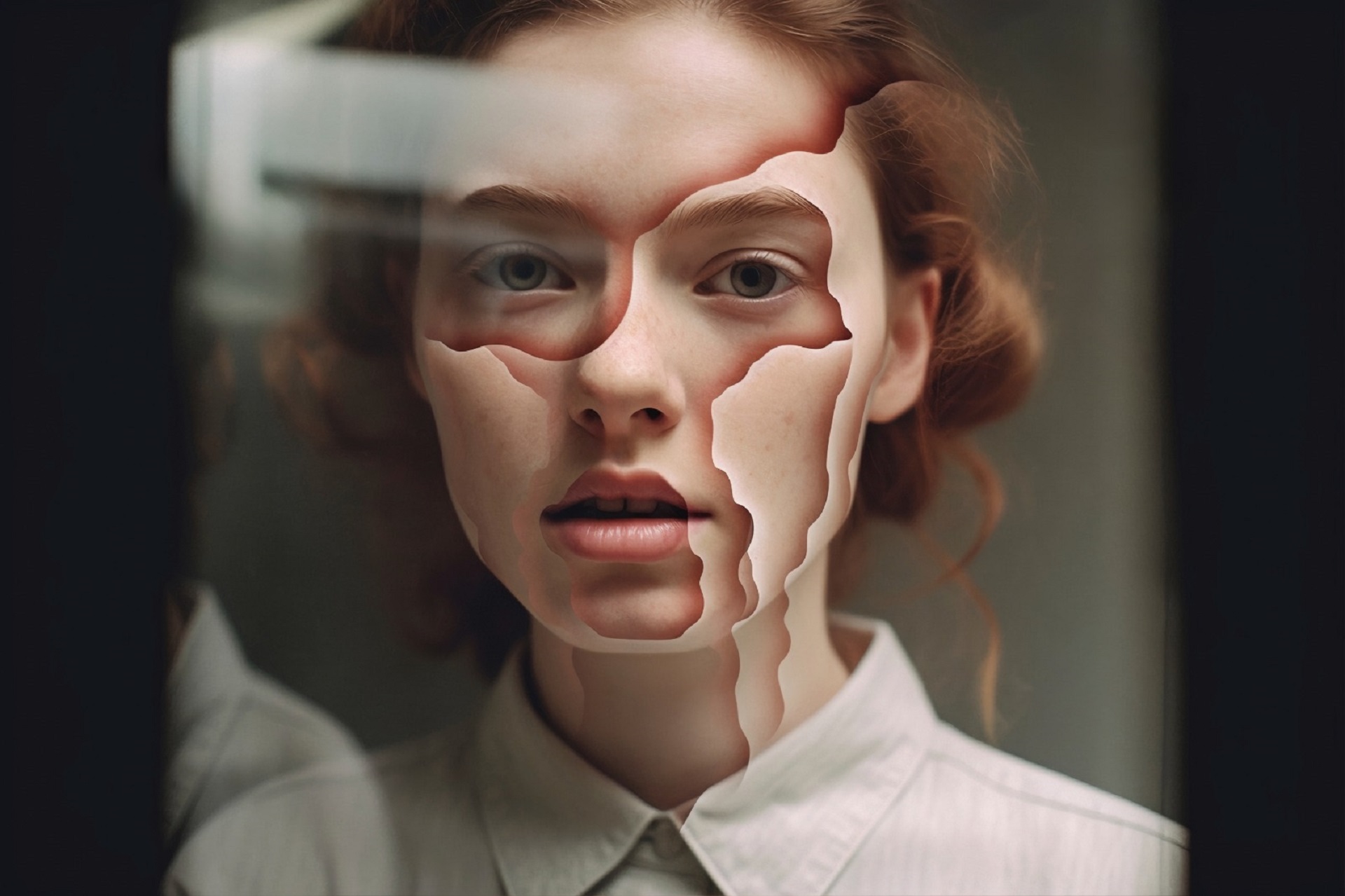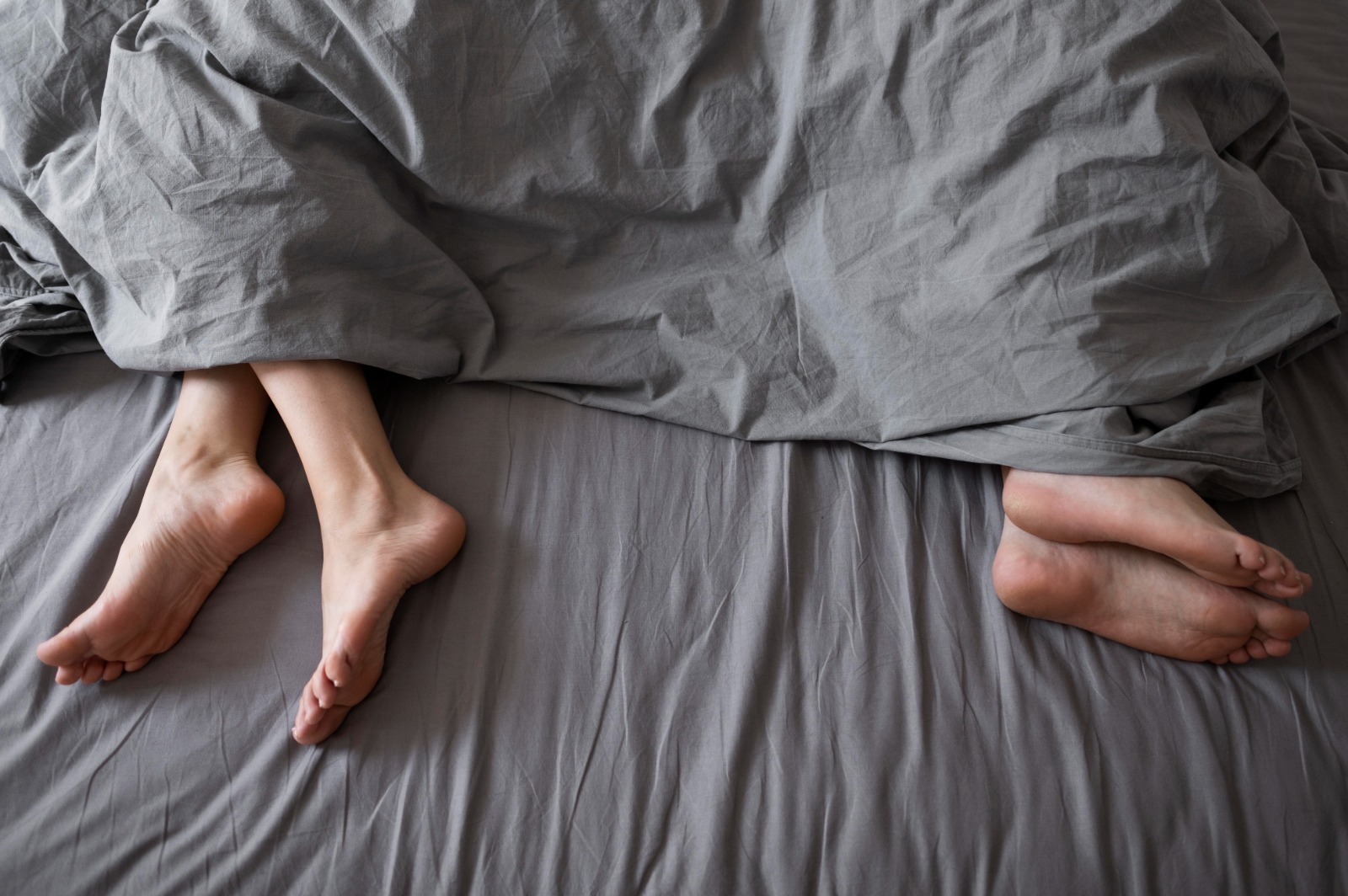Specialist Dr. Yaprak Arslan Psychiatrist & Psychotherapist
İzmir Psikiyatrist
İzmir Psikoterapist
izmir Psikolog
Psikiyatrist
Psikoterapist
Psikolog
Major Depression
Generalized Anxiety Disorder
Social Phobia
Panic Attack
Obsessive Compulsive Disorder OCD
(ADHD) Attention Deficit Hyperactivity Disorder
Bipolar Disorder
Depression Treatment
Supportive Psychotherapy
EMDR
Sex Therapy
Schizophrenia and Other Psychotic Disorders
Schizophrenia and Other Psychotic Disorders

DSM-5 (Diagnostic and Statistical Manual of Mental Disorders - 5. Within the scope of printing), schizophrenia and other psychotic disorders are included in the category of serious mental illnesses that mainly affect an individual's ability to connect with thought, perception and reality. Some basic symptoms are at the forefront of the diagnosis of these disorders:
The Main Symptoms Are
Psychotic disorders are defined by the presence of one or more of the following five sets of symptoms:
1. Delusions: Beliefs that are incompatible with reality, unalterable (e.g. fear of being followed, of being harmed).
2. Hallucinations: Unreal perceptions, auditory hallucinations (hearing voices) are most often observed.
3. Disorganized Speech: Conversations that express irrational, incomprehensible, or incompatible thoughts.
4. Severely Disorganized or Catatonic Behavior: Aimless movements, a rigid posture, or abnormal motor behavior.
5. Negative Symptoms: Loss of function, such as emotional dullness, social withdrawal, loss of motivation.
The Main Criteria for Diagnosis
1. Schizophrenia
- Intense occurrence of 2 or more basic symptoms (such as delusions, hallucinations, disorganized speech) for at least 1 month.
- Significant impairment in functionality (inability to work, social life, or personal care).
- The total duration should be at least 6 months (including prodromal or residual symptoms).
2. Delusional Disorder
- Delusions that last at least 1 month, but there are no other obvious psychotic symptoms seen in schizophrenia.
- Daily functionality is usually maintained.
3. Schizoaffective Disorder
- The symptoms of schizophrenia are accompanied by significant depressive or manic episodes.
- Psychotic symptoms persist for at least 2 weeks without signs of mood.
4. Brief Psychotic Disorder
- A condition in which delusions, hallucinations, or disorganized speech are observed.
- It takes more than 1 day, but less than 1 month, and the person usually makes a full recovery.
5. Catatonic Behaviors (This disorder can be part of different psychotic disorders.)
- Symptoms such as complete cessation of movements (catalepsy), meaningless motor activities or excessive silence.
Differential Diagnosis and Treatment
The diagnosis of psychotic disorders is based on the diagnosis of other possible causes (e.g. substance use, neurological diseases) require exclusion. Treatment usually includes antipsychotic medications, psychotherapy and social support services.
Based on the DSM-5 criteria, early diagnosis and intervention are critical, given how deeply psychotic disorders can affect an individual's life. If psychotic symptoms are observed, getting professional support can speed up the individual's recovery process.
Psikiyatrist & Psikoterapist











